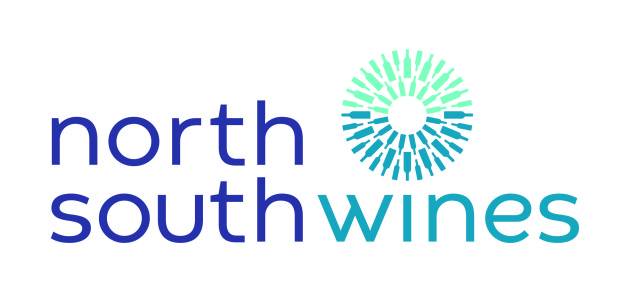
Demand for super-premium wine and spirits heading for potential slump in US
A new report issued by Rabobank, the multinational banking and financial services company, has examined the potential for a looming US recession to shrink the hitherto booming market for luxury brands.
According to the authors, “For over a decade, super-premium wine and spirits have enjoyed impressive growth rates, easily outpacing more mainstream and value brands. From 2010 to 2021, the premiumisation of spirits increased an average volume growth rate of 8.8% while super-premium wine volumes saw a 7.7% growth.”
However, Rabobank’s modelling predicts that demand will soften in Q4 and turn noticeably negative in 2023. The report observes that US household net worth started to decline in Q2, and that rising interest rates will further eat into consumer spending power.
“Part of what has made investments in the premium-and-above segment so attractive is the fact that higher-income consumers have seen greater income growth in recent decades and are often more recession-resistant than the broader population,” said Rabobank's global beverages strategist, Stephen Rannekleiv.
He continued: “While super-premium wines and spirits are somewhat recession-resistant (eg they performed surprisingly well during the pandemic, all things considered), they are not completely recession-proof. During the global financial crash, the super-premium segments of both wine and spirits experienced notable declines. For super-premium wines in particular, it took several years to fully recover from the decline in sales in 2008 and 2009.”
Nevertheless, Rannekleiv believed that the sector would probably experience “softening demand” in 2023, without the extremes of the financial crash.
“Our modelling suggests that super-premium wines and spirits will likely see modest (single-digit) declines in the coming year. That said, we don't expect the downturn to resemble the softness seen during the 2008 crash. It should be much more moderate,” the report stated.
In addition, Rannekleiv outlined several caveats that may impact Rabobank's predictive modelling. These included an improved performance in the on-premise trade during Q4 2022 (compared to a soft Q4 2021), which “may offset some of the softness expected from declining household net worth (HHNW) during the quarter”.
Moreover, the report observed that “wines and spirits are experiencing stable pricing despite the aggressive inflation, meaning any price increases could add to additional downward pressure on volumes.”
Rannekleiv added: “Super-premium wine and spirits brands that can easily shift sales from one channel to another (on-premise to off-premise) will enjoy more advantages than brands that cannot weather the changing economic storm."
Keywords:
- wine
- US
- Spirits
- growth
- premium
- demand
- Premium Wine
- brands
- USA
- super premium
- report
- Rates
- potential
- super
- ”however rabobank’s
- growth ”however
- 7% growth
- super premium wine
- ”however rabobank’s modelling
- volume growth rate
- 7% growth ”however
- growth ”however rabobank’s





